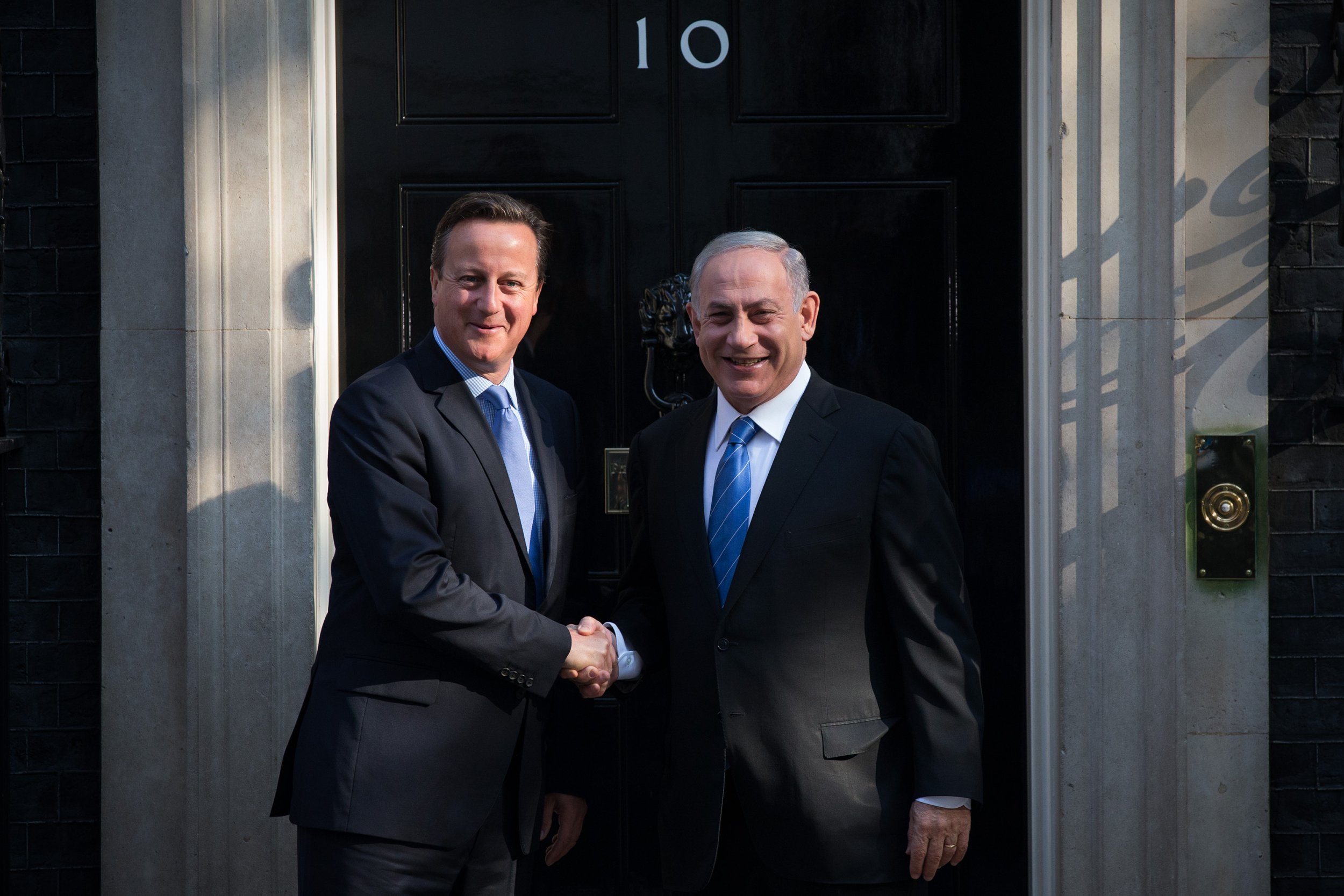
The day after a tumultuous night, the United Kingdom woke up to a Brexit hangover. Months of fractious, even nasty, campaigning came to an end with a result that surprised even Leave voters themselves. It leaves the country and society divided, and in need of healing the deep rifts opened in the wake of the campaign and its aftermath.
Many Britons up and down the country anxiously waited up all night for the results to be declared. Interest in this once-in-a-generation referendum, however, was not confined to Great Britain alone or even the EU, but far beyond.
Israel might not be the first example that comes to mind as concerning itself with whether its former Mandatory power stays in or leaves the EU. Nevertheless, within Israel there was a strong, general curiosity about the referendum and more specifically a concern as to how it would affect the Jewish state.
Israel has always had complex and even prickly relations with the European Union, mainly around the issue of peace with the Palestinians. From the Venice Declaration of 1980, which called for the right of Palestinians to self-determination, to the most recent French peace initiative, Europe has been seen as biased against Israel. Ironically, Israel is enjoying one of the most favorable trade and cultural agreements with this experimental supranational European entity.
Hence, Israeli attitudes towards Brexit depend on whether one thinks it is good for the country to have a strong EU with Britain at the heart of it, or a weak one without it. Furthermore, views in Israel varied about the impact of Britain's leaving the EU, from those who predicted almost no impact, to those who watched the situation with concern regarding the possibility of what would happen if Israel's closest ally were to vote out.
British Prime Minister David Cameron, in a last ditch attempt to convince members of the Jewish community to support the Remain campaign, told them rather bluntly: "Do you want Britain, Israel's greatest friend, in there opposing boycotts, opposing the campaign for divestment and sanctions, or do you want us outside the room, powerless to effect the discussion that takes place?"
Cameron appealed to a similar sentiment that I found prevalent in my most recent visit to Israel—that Israel needs Britain as a strong and supportive voice against those who are highly critical of Israel within the EU. The decision to leave and Cameron's resignation come at the time when the mood in Brussels is that Israel's expansion of settlements, or stand on not negotiating peace with the Palestinians, should no longer go unpunished.
Interestingly enough, those close to the settlement movement in the West Bank urged Israelis with a right to vote in the referendum to support leaving the EU. For the Right in Israel it is in the country's best interest to see a divided and weak European Union with little impact on the future of the occupied territories, in terms of financial aid to the Palestinians and especially a final status agreement. But they should be careful what they wish for in the name of their short-term partisan interest. Regardless, if one is a fan of the soon-to-be-former PM Cameron, he is one of the friendliest British leaders towards Israel in history.
Whether inside or outside the European Union, a powerful and prosperous U.K. is important for Israel due to the close economic, strategic, scientific and cultural cooperation between the two. Great Britain is Israel's chief trade partner on the continent and if its economy suffers as a result of leaving the EU, the ripple effect will be felt in Israel too.
Despite growing calls in the U.K. and outside for an academic boycott on Israel, for instance, recently over 350 leading Israeli and British medical researchers met at the University of Oxford in the largest bilateral gathering in years. With the absence of British influence in Europe, Israel is going to be more vulnerable not only to a formal BDS but also the more subtle slowdown in collaboration on wide range of issues.
Lastly, Israel as a Jewish state has a sense of responsibility towards world Jewry. Brexit represents, among other phenomena, the rise of nationalism not only in Britain, but across the entire continent. Far-right parties, such as the National Front in France or the Northern League in Italy, expressed their joy at the outcome of the British referendum and demanded similar referenda in their own countries. The rise of nationalism in Europe, of which Brexit is one manifestation, is not a good sign for minorities in the continent, especially for the Jewish minority and their very particular history of persecution.
All considered, the British decision that its future lies outside the EU will raise a number of alarm bells among the decision makers in Jerusalem, especially knowing that there is very little they can do about it.
Prof. Yossi Mekelberg is the head of the International Relations & Social Sciences Programme at Regent's University London and associate fellow of the MENA Programme at Chatham House.
Uncommon Knowledge
Newsweek is committed to challenging conventional wisdom and finding connections in the search for common ground.
Newsweek is committed to challenging conventional wisdom and finding connections in the search for common ground.
About the writer
To read how Newsweek uses AI as a newsroom tool, Click here.








